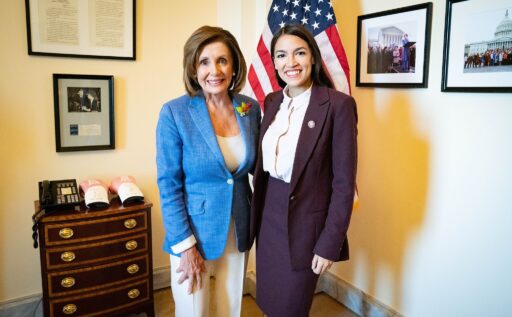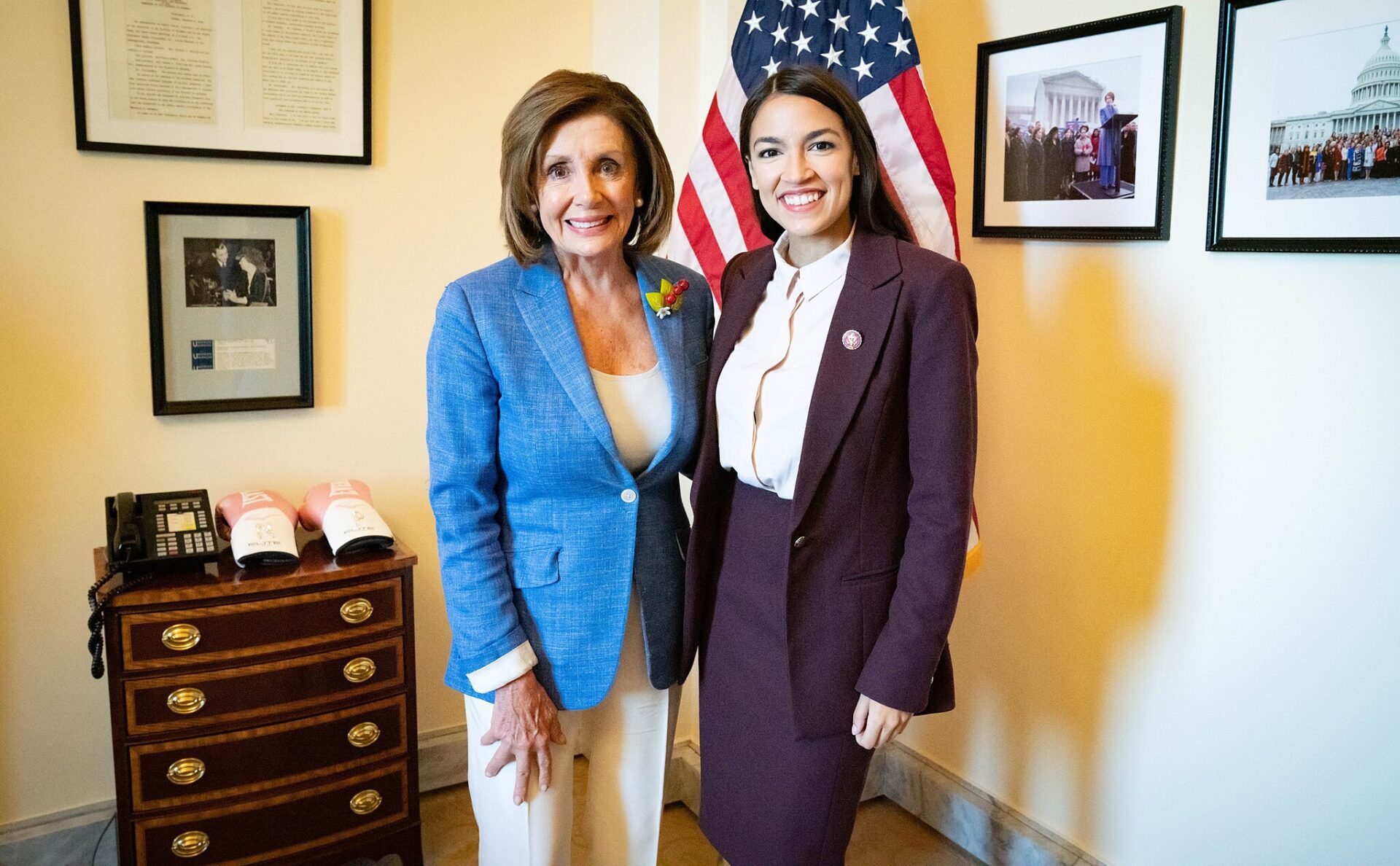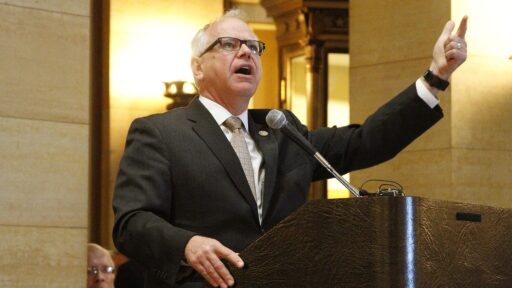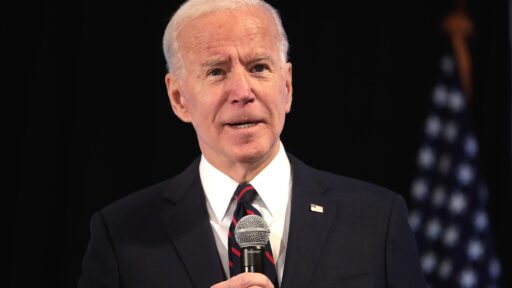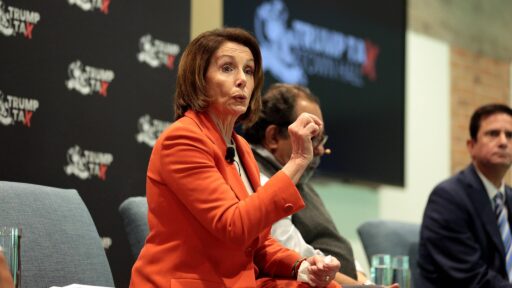Trump Blocked From Pardoning Himself?
Bob Bauer, who served as White House counsel under President Barack Obama and is now President Joe Biden’s attorney, recently advocated for legislative action to prevent a sitting president from issuing a self-pardon. During his appearance on the “Stay Tuned with Preet” podcast, hosted by Preet Bharara, Bauer discussed the implications of self-pardons and urged Congress to act decisively on the matter.
Bauer pointed out that the Constitution does not explicitly prohibit self-pardons, and as a result, it is crucial for Congress to establish clear legislative barriers against such actions. He noted that while the Office of Legal Counsel has historically deemed self-pardons as a questionable use of presidential power rather than an outright misuse, it is essential for lawmakers to address this uncertainty proactively.
“The Office of Legal Counsel’s analysis on self-pardons, though limited in scope, suggested that while self-pardons are questionable, they are not definitively unconstitutional,” Bauer remarked. He emphasized that it would be challenging to get a sitting president to agree to legislation that might restrict their ability to pardon themselves. Nevertheless, Bauer believes it is in Congress’s best interest to preserve the balance of powers by clearly defining and limiting presidential pardon powers.
Bauer argued that Congress should firmly state that the president should not be able to undermine the criminal justice system by rendering themselves immune from prosecution for misconduct committed either during or before their presidency. Such a move would reinforce Congress’s role in enacting and enforcing criminal statutes, thereby ensuring that the president cannot nullify Congress’s constitutional duties through self-pardon.
In light of recent high-profile legal battles involving former President Donald Trump, who was convicted of 34 counts related to falsifying business records and faces additional charges connected to election interference, the discussion of self-pardons has gained renewed urgency. While Trump is unlikely to face trial for his various charges before the next election, a future presidency could theoretically use self-pardon power to address federal charges.
Bauer underscored that Congress has a range of tools at its disposal to curb presidential overreach, including control over appropriations, oversight, and investigations. Ultimately, he argued that Congress should be prepared to use these tools, including impeachment, to ensure that the executive branch remains accountable and does not overstep its bounds.


